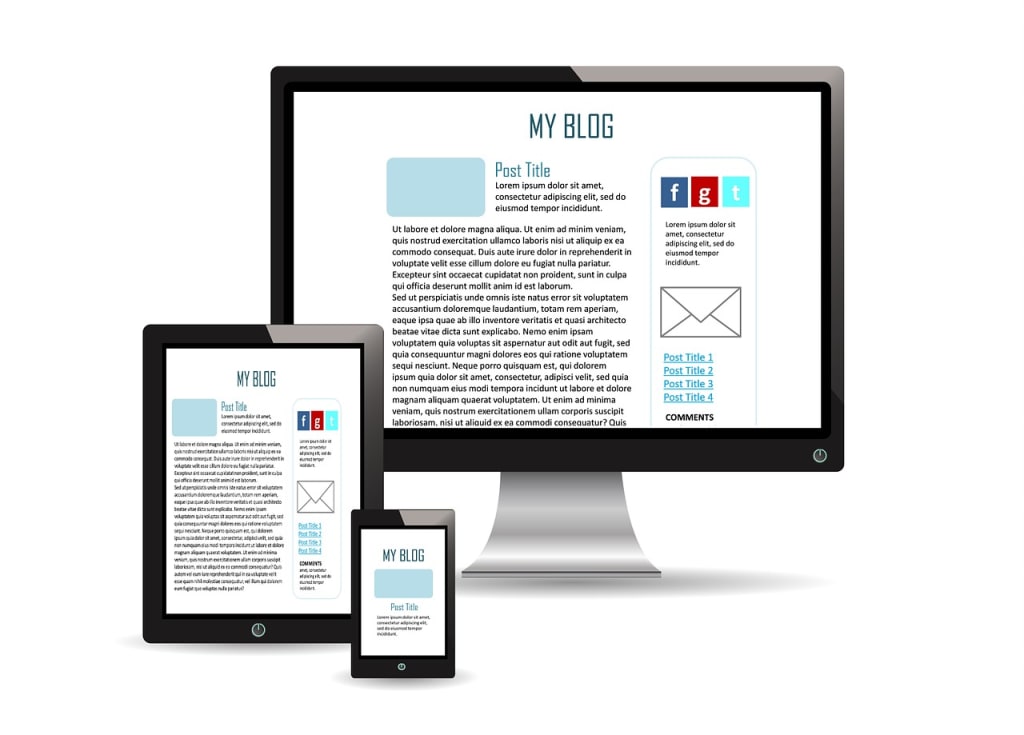
A blog is a type of website or online platform where an individual, group, or organization regularly publishes and shares content in the form of articles, posts, or entries. These entries are typically displayed in reverse chronological order, with the newest content appearing at the top. Blogs often cover specific topics or themes, and they can include a variety of content such as text, images, videos, and links.
Blogs provide a platform for writers, known as bloggers, to express their thoughts, opinions, expertise, and knowledge on a particular subject. The content can range from personal experiences and reflections to informative articles, tutorials, news updates, reviews, and much more. Blogs offer readers the opportunity to engage with the content through comments and discussions, fostering a sense of community around the topics being discussed.
Over time, blogs have evolved to serve various purposes, including personal expression, professional branding, journalism, marketing, and even as a means of generating income through various monetization strategies.
Certainly! Here's a more detailed explanation of what a blog is and how it functions:
A blog is essentially an online platform that functions as a digital diary, magazine, or informational hub. It provides a way for individuals, businesses, and organizations to share their insights, knowledge, and opinions with a global audience. The term "blog" is short for "weblog," which reflects its origin as a form of online journaling.
Key Characteristics of a Blog:
Regular Updates: A defining feature of blogs is that they are regularly updated with new content. This could be daily, weekly, monthly, or as frequently as the author chooses.
Reverse Chronological Order: Blog posts are typically arranged in reverse chronological order, meaning the most recent post appears at the top of the blog's main page, pushing older posts further down.
Categorized Content: Blogs often organize their content into categories or tags, making it easier for readers to find posts related to specific topics of interest.
Interaction: Most blogs allow readers to leave comments on posts, enabling interaction between the author and the audience. This fosters discussions, feedback, and a sense of community.
Multimedia Elements: Blogs can include a variety of multimedia elements such as images, videos, infographics, and audio clips to enhance the content and make it more engaging.
Archives: Blogs typically have an archive section that lists all the past posts, enabling easy access to older content.
Search and Navigation: Blogs often provide search bars and navigation menus to help readers find content quickly.
Types of Blogs:
Personal Blogs: These are often used as online journals where individuals share their thoughts, experiences, and stories.
Professional Blogs: Businesses and professionals use these blogs to showcase their expertise, industry insights, and updates.
Niche Blogs: These blogs focus on specific topics like travel, cooking, fashion, technology, or fitness, catering to a specific audience.
News Blogs: These blogs provide up-to-date information and analysis on news events, often from a specific perspective.
Corporate Blogs: Many companies have blogs as part of their website to share company news, updates, and industry-related content.
Educational Blogs: These blogs offer instructional content, tutorials, and guides on various subjects.
Benefits of Blogging:
Expression: Blogs provide an outlet for individuals to share their thoughts, creativity, and personal experiences.
Information Sharing: Blogs are an effective way to disseminate information, knowledge, and insights on specific topics.
Community Building: Bloggers can build a loyal readership and foster a community around shared interests.
SEO and Online Presence: Regularly updated blogs can improve a website's search engine rankings, driving organic traffic.
Personal Branding: Blogging can help individuals establish themselves as experts in their field and build a personal brand.
Monetization: Blogs can be monetized through ads, affiliate marketing, sponsored posts, and selling products or services.
Overall, a blog serves as a versatile and dynamic platform that empowers individuals and organizations to connect with others, share information, and contribute to online discussions and conversations.






Comments
There are no comments for this story
Be the first to respond and start the conversation.